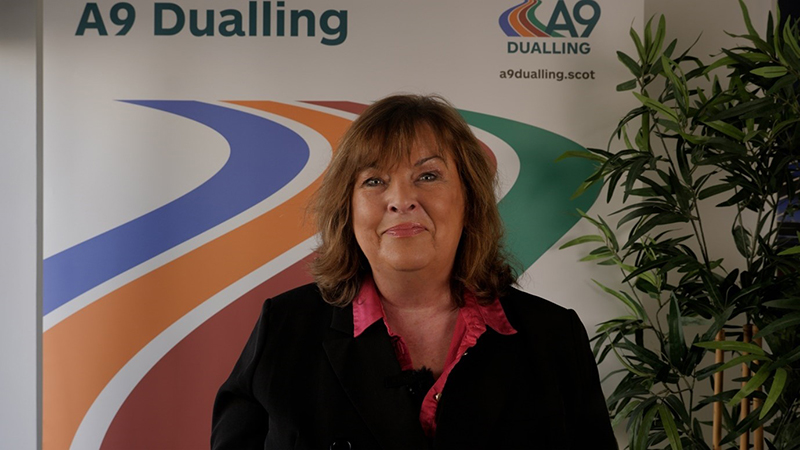
TODAY’S publication of made orders marks another ‘important milestone’ in delivering the dualling of the 15-mile section of the A9 between Dalraddy and Slochd, Transport Scotland has said.
Subject to no legal challenge being received to the published made orders, this will complete the statutory authorisation process for the scheme – with it expected that the Made Orders for the section between Crubenmore and Kincraig will be published in the coming weeks.
Cabinet secretary for transport Fiona Hyslop said, “Today’s announcement marks another important milestone in delivering our A9 dualling programme.
“This is the longest project in the A9 dualling programme, crossing the challenging Slochd summit, and demonstrates again this government’s unwavering commitment to progress our A9 dualling delivery plan to complete dualling of the A9 between Perth and Inverness by the end of 2035.
“This will be followed with the making of the orders for the Crubenmore to Kincraig scheme in the coming weeks, meaning that we will then have published Made Orders and, subject to no legal challenges, completed the statutory process for over 92% of the dualling programme.
“The only section not to have started the statutory process is the challenging section of the route between Pass of Birnam and Tay Crossing which was subject to a co-creative process working with the community before we identified the preferred route option last December. The design work is continuing at pace and we expect to publish draft Orders for it next Spring.
“We are committed to delivering a safe, reliable, resilient and dualled A9 between Perth and Inverness in line with our published delivery plan, which anticipates dualling to be operational by the end of 2035. Whilst the magnitude and complexities of this work are considerable, there will be no let up on progressing the dualling programme which will bring many benefits to local communities, businesses, visitors and road users living, travelling and working along the corridor including reduced journey times, improved journey time reliability, improved road safety and opportunities for active travel.”








